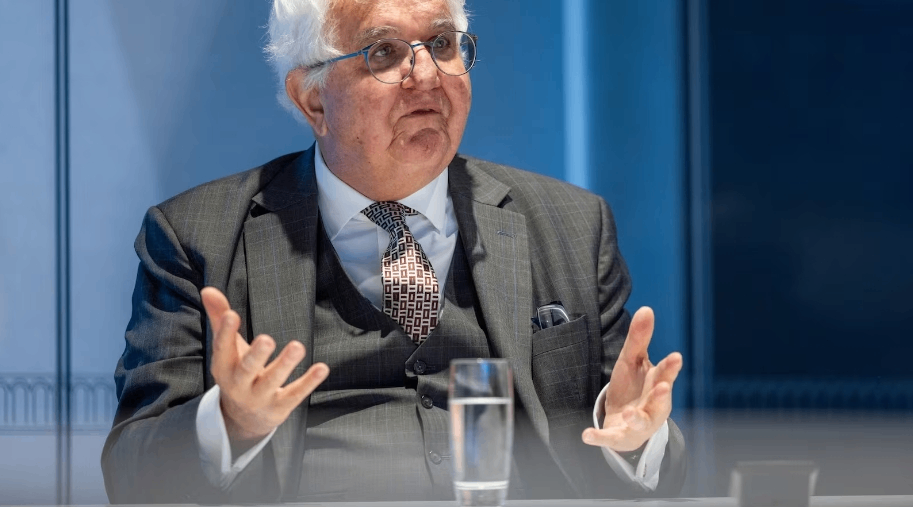Holzmann's caution reflects divisions within the ECB over the inflation outlook.
Recently, Robert Holzmann, a member of the Governing Council of the European Central Bank, said in an interview that the European Central Bank's decision to cut interest rates in January was not a "certainty". This statement triggered a re-examination of the European Central Bank's monetary policy path.Holzmann emphasized that rushing to cut interest rates when inflation is rising faster than expected may pose a risk to the ECB's credibility.This view contrasts sharply with widespread market expectations that the European Central Bank would cut interest rates by 25 basis points at its January meeting, the fifth rate cut since June 2024.
Holzmann's caution reflects divisions within the ECB over the inflation outlook.He pointed out that the ECB's decisions will be based on the latest data, while inflation data for December 2024 is well above 2% and may remain at this level in January 2025.This dependence on data suggests that the ECB will pay more attention to the actual trend of inflation when formulating monetary policy rather than simply following market expectations.
In addition, Holzmann's views are significantly different from the remarks of other ECB officials.For example, Luis de Guindos, Vice President of the European Central Bank, and François Villeroy de Galhau, President of the Bank of France, both believe that the fight against inflation is basically over.However, Holzmann, a policy hawk, expressed concern about the outlook for inflation, arguing that inflation may not stabilize near the ECB's 2% target before the end of the year.He pointed out that since December 2024, Europe has faced many unforeseen changes, including cooling weather, Ukraine's cessation of transferring Russian natural gas, and high energy prices. These factors have led to a decline in natural gas reserves much faster than expected.
Holzmann also mentioned that the decline in the euro exchange rate has a mixed impact on the European economy.On the one hand, the devaluation of the euro may cushion the impact of possible tariffs imposed by the United States; on the other hand, it will push up import prices, including energy.Crude oil prices have also risen since the beginning of the year and hit their highest level since August 2024 last Wednesday.This volatility in energy prices poses a potential threat to the recovery of the European economy.
From a broader economic context, the ECB's interest rate cut expectations are closely related to the current economic difficulties in the euro zone.Although eurozone inflation has fallen sharply from its peak in 2022, economic growth still faces many challenges.The European Commission predicts that eurozone GDP growth in 2024 will be lower than originally expected, while inflation is expected to fall to 3.2% in 2024 and 2.2% in 2025 respectively.In addition, the Eurozone's trade deficit is also widening, further exacerbating economic vulnerability.
Holzmann questioned the widely expected ECB to steadily and regularly cut interest rates in the first half of 2025.He believes that although the market may think that the current anti-inflation path is relatively smooth, considering the uncertainty and potential risks of inflation, the European Central Bank needs to be cautious in its decision to cut interest rates.This caution reflects the ECB's delicate balance between balancing economic growth and inflation stability.

